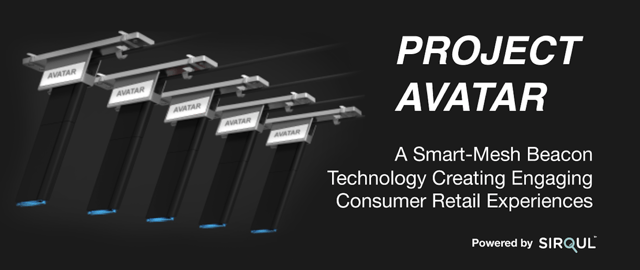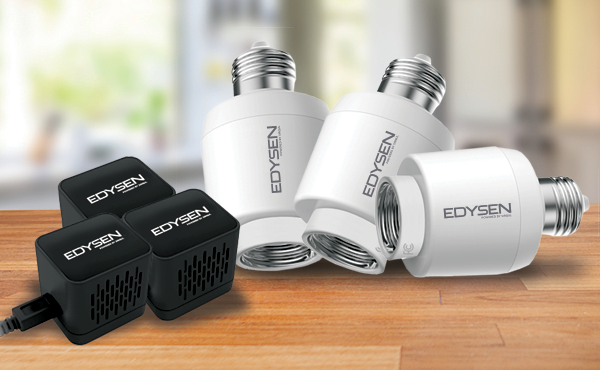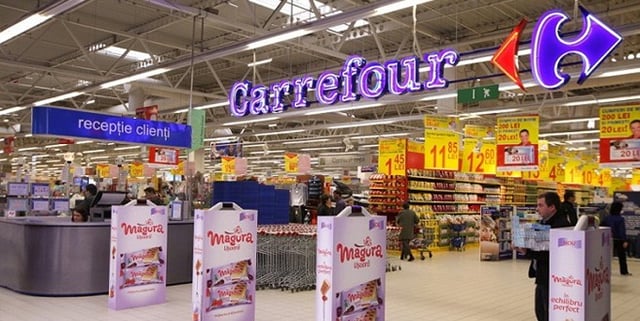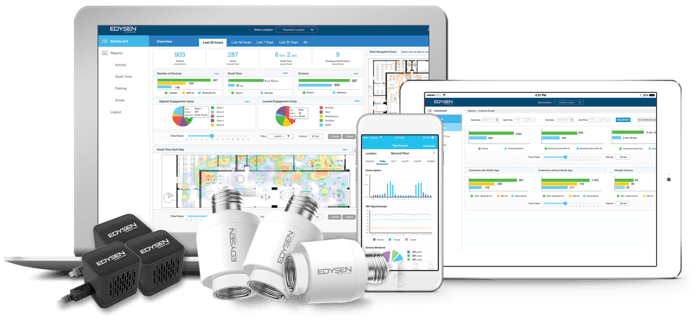As seen in The SilverLogic
Posted March 5, 2018 by Rory Michaels
Thus far on our blog and in our forthcoming Business Applications of the Internet of Things whitepaper, we’ve looked mostly at the sheer scope and scale of the IoT: How big it is, what it’s worth, how much data it collects, and how to keep the whole system safe. But like all pathbreaking movements in technology, the IoT is at its best when it’s fundamentally changing the ways individuals and businesses operate at a granular level. One of the IoT’s most promising aspects has to do with decoupling and decentralization: Devices that can gather information and talk to each other in small, modular networks that don’t need to connect to the cloud or the broader internet as a whole. Some of the most innovative companies in the IoT space recognize this, and have been quietly developing highly-specified products and services that can be used by an enormous range of businesses and individuals to make things better, faster, and easier.
That’s the idea behind Seattle-based Sirqul (pronounced “circle”), a so-called ‘Engagement-as-a-Service” IoT platform that focuses on what founder Rob Frederick calls the “Intelligence of Things.” Sirqul doesn’t just turn analog devices smart for the sake of novelty; they think deeply about how increased connectivity between objects in the environment can help to drive engagement, operational efficiency, rapid innovation, and new revenue streams for businesses.
“Think of it this way: WiFi is all about throughput. You stream video and the human is actively using it. IoT is more about the things that are happening without the user,” says Frederick. “You don’t necessarily need video but you need to report the temperature, whether the light is on, whether there’s presence…if someone’s standing nearby or if someone needs something or needs to move to a different spot.”
These are the kinds of simple bits of information that can be enormously valuable to a company that is clever enough to collect and analyze them: Sirqul works on spaces like retail stores, workplaces, and stadiums to collect and analyze huge amounts of data in real-time and to modify and optimize the environment accordingly. Most importantly, they do much of this without uploading to WiFi or the larger cloud architecture, instead relying on local device-to-device networks and edge computing to maximize the speed and efficiency of all the number-crunching.
Sirqul has developed a wide range of APIs and offers white label, turnkey solutions for businesses in verticals as diverse as heavy industry and entertainment. As broad as their offerings are, the core of their operation are two classes of patented hardware devices, Avatar
and Edysen. The hardware seems to reflect the vision of Sirqul’s founder, who got his start working on the technology that would eventually become Bluetooth.
Avatar is essentially a beacon that can be installed in any space in order to collect and aggregate information from other nearby devices, including mobile phones, bluetooth-capable devices, and other nearby beacons. A cluster of beacons essentially creates a modular localized network that is able to do most of its computing without the lag time associated with traditional cloud computing, which translates to rapid feedback and analytics capabilities for the business running the system.

Image: Sirqul
Edysen is essentially a device that can be installed in any space in order to collect and aggregate information from other nearby BLE and WiFi enabled devices, including mobile phones. A cluster of devices essentially creates a modular localized network that is able to do most of its computing without the lag time associated with traditional cloud computing, which translates to rapid feedback and analytics capabilities for the business running the system.

Image: Sirqul
Use Case: Carrefour Taiwan and Sirqul’s First Smart Retail Store
Sirqul recently announced a major partnership with Carrefour Taiwan on a single-store smart retail pilot, and the project provides an interesting window into just how transformative a well thought out, intelligent IoT infrastructure can be for even single-site retail operations.

Image: Carrefour
In a press release from Sirqul announcing the partnership early this year, Rami Baitieh, CEO of Carrefour Taiwan, highlighted how Sirqul’s combination of smart, fast hardware and innovative API solutions would make for a more engaging consumer experience in the pilot store:
“To understand shopper behaviors means quickly and accurately analyzing many data sets to separate the noise from meaningful signals.These insights will orchestrate action in real-time – whether that means personalizing the mobile experience, altering in-store displays, or repositioning products within the store.”
Sirqul brought a host of new capabilities to the retail site that, becaus of the modular way in which Sirqul’s technology stacks are assembled, would be relatively easy to scale if the operation proves effective. The experience is built on Sirqul’s Aileen, its specialized API for retail that retains many of the base features found across all of the company’s core APIs. Aileen handles virtually every level of the customer engagement experience, from navigation to payments to adjusting how the store looks and operates based on real-time data.

Image: Sirqul
For Carrefour, Sirqul emphasizes a few key areas in which their platform is enhancing consumer engagement:
- Real-Time Alerts — New mobile apps and web dashboards that enable operations to visualize insights, but more importantly take action to engage customers and manage staff positions. When a customer is standing in an aisle for several minutes, a trigger will notify staff to engage. When lines start to queue, an alert will prompt more POS lines to open.
- Reduction of Food Spoilage — Integration with temperature monitoring devices will track the opening and closing of refrigerators, coolers, and freezers. By monitoring events and receiving alerts, stores can save money by reducing waste and preventing spoilage.
- Making a scalable system that’s ‘Future-Proof’ – The solution provides a path to scale across all stores, flexibility to incorporate additional functionality, and the ability to anticipate enhancements that have not been installed to-date.
Sirqul spent years developing the scope of its technology, building an extremely diversified range of API offerings and interoperable devices that are just now beginning to see the light of day in malls, stadiums, and other large public venues. The company is a great example of how some of the core ideas behind IoT can be applied in similar ways in very different industries while still being highly customizable to fit individual use cases.
Sirqul is a company that evangelizes the Intelligence of Things — how connected devices can make everything smarter, and on Wednesday we’ll look more in depth at the company’s founder Rob Frederick, who has been thinking about how technology can be used to engage individuals and optimize experiences since his undergraduate days at MIT. Rob has worked on game-changing innovations from Bluetooth to what would eventually become Amazon Web Services, and we’re thrilled to share some of his insights on Sirqul, IoT, and the role of technology in our broader society in our next blog post!
